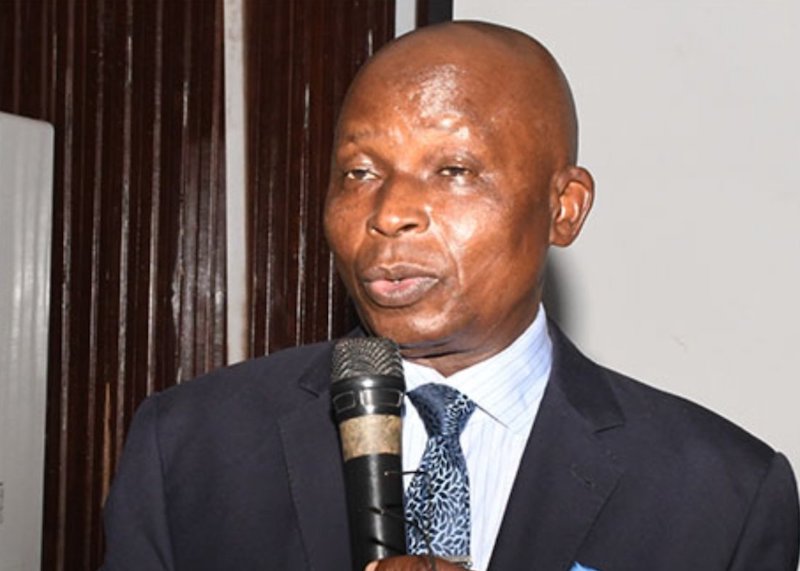The Senate and Management of the National Open University of Nigeria (NOUN), have approved degree programme in three major Nigerian languages as part of efforts to impact national integration in Nigeria.
Prof. Doris Obieje, Dean, Faculty of Arts, said this at the faculty’s maiden public lecture delivered by Prof. Oladele Balogun of Department of Philosophy, Olabisi Onabanjo University (OOU), Ago Iwoye, Ogun State.
She said degree would now also be awarded in Philosophy and Arabic to help achieve a united country characterised by social order, harmony, unity and equality irrespective of philosophical principles, language and religious differences of the citizens.
Prof. Obieje noted that the public lecture entitled: “Religion, Language, Culture and National Integration: Through the Lens of a Philosopher”, evoked the decision of NOUN management to award degree in the three languages.
“It is my hope that the lecture will equally enhance further our understanding of the values of philosophy, language, religion and other cultural elements in the realisation of unity and progress in our nation,” she said.
Prof. Balogun, while delivering his lecture, noted that religion, language and culture could be used to foster national integration in post-colonial Africa.
He said there was need for peaceful national integration in a country such as Nigeria, where language, religious and cultural differences seemed to place a divide in its collective responsibility of building a united country.
He said that scholars of international persuasion argued that poor, corrupt and inept leadership, and ethnic polarity were among the internal prime factors responsible for the lack of national cohesion in the management of states in post-colonial Africa.
He added religious fanaticism by natives, socio-economic and environmental injustices as causes.
“The earlier such internal causative factors are tackled head-on, the less the conditions that foster tension, strife and instabilities in national life in Africa.
“Contentious as both divides are, the realities of national disintegrations are visible to the blind and audibly loud to the deaf in many parts of Africa today,” he said.
According to Balogun, the challenges of external aggression can be addressed with the synchronisation of religion tolerance and cultural reconstructionism.
He highlighted the importance of linguistic de-colonisation to inculcate in the children the ideals and essence of the Nigerian culture.
“Colonialism not only brought European languages to Africa.
“It also sought to invent indigenous languages and to establish hierarchies between them in which the European languages were hegemonic as part of the process of constructing colonial states, spaces and societies.
“Thus, colonialism not only separated the language of the home, it separated also the African language.”
He, however, called for a systematic, critical, reflective and robust interdisciplinary research on the subject matter to further canvas on how best Nigeria could flourish through national integration in sub-Saharan Africa and beyond.
Vice Chancellor of NOUN Prof. Abdalla Adamu had earlier said that language barrier was the greatest challenge the country had ever faced since independence.
He, therefore, announced that N1million would be given to any faculty that organised inaugural lecture aimed at promoting national integration. (NAN)



